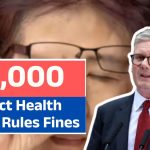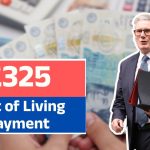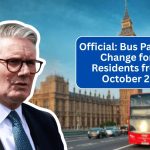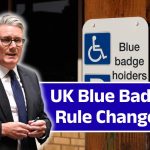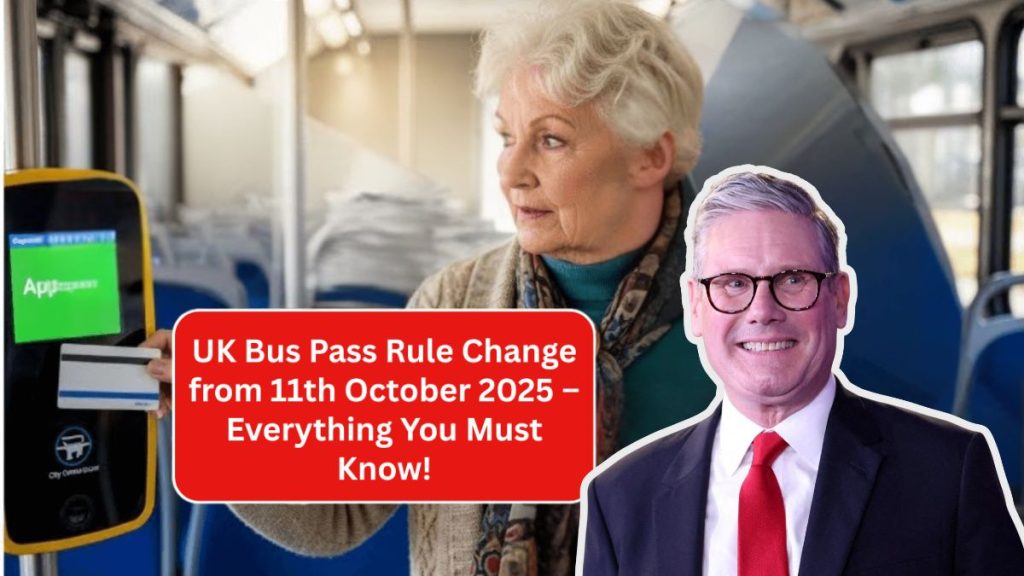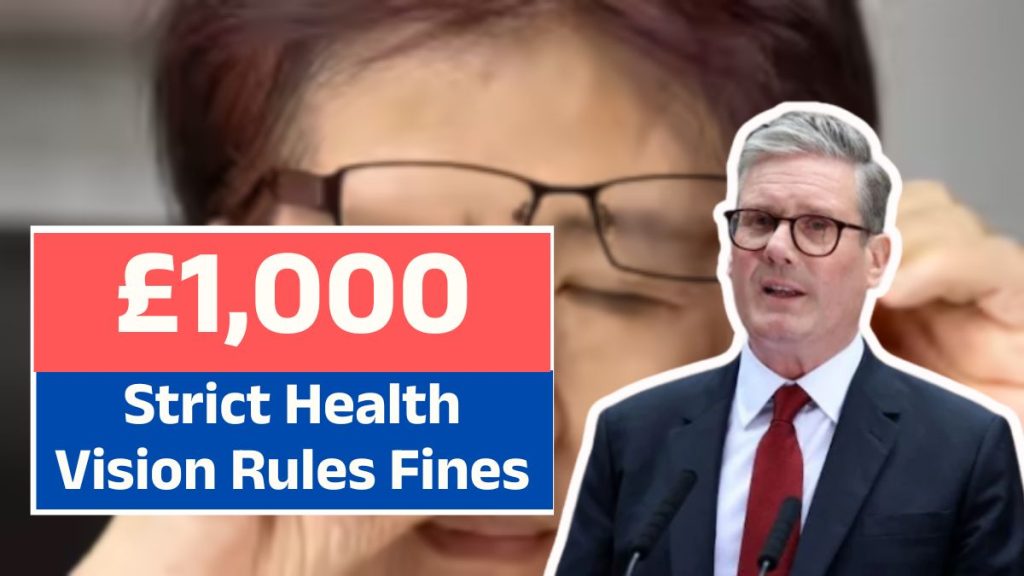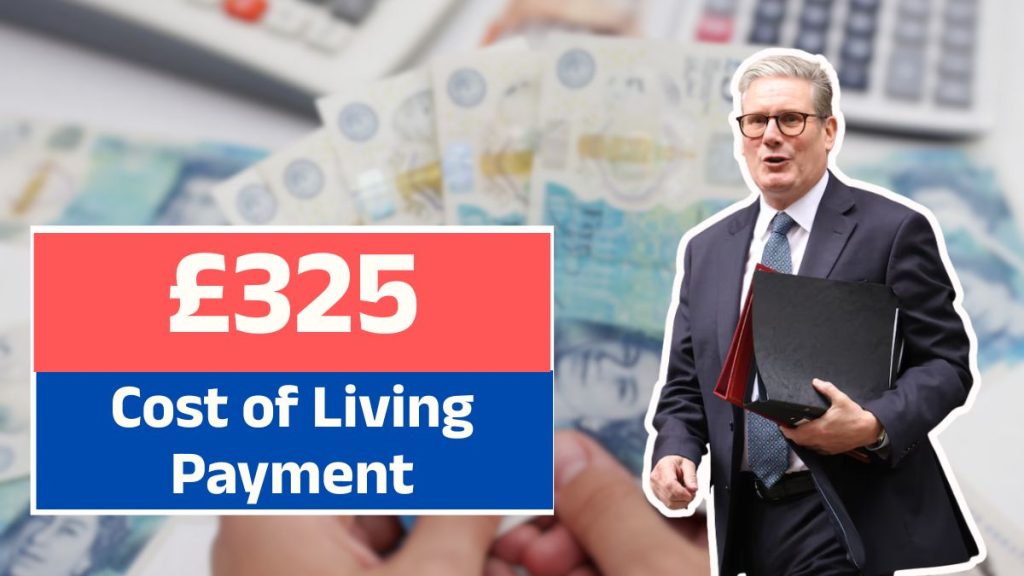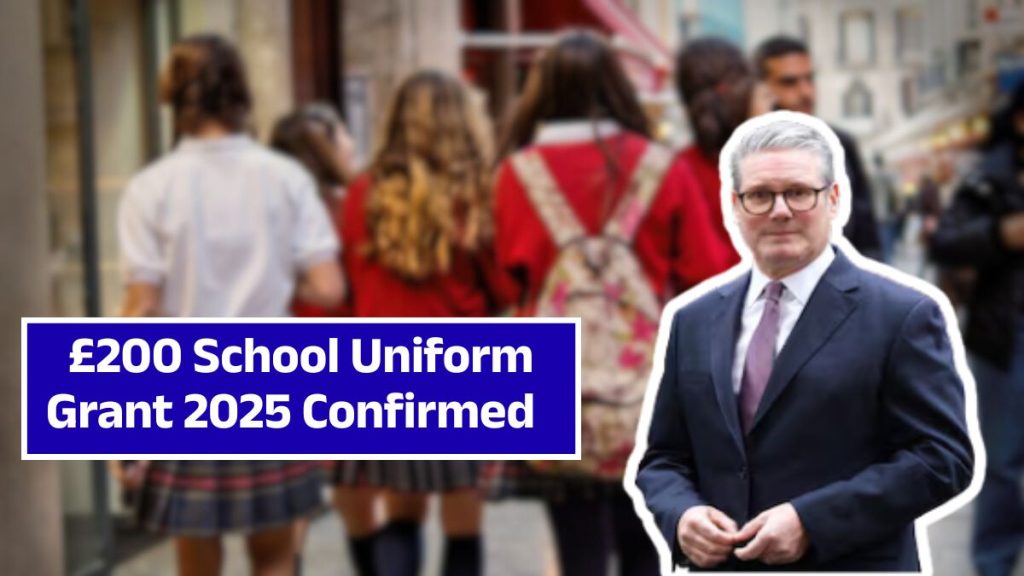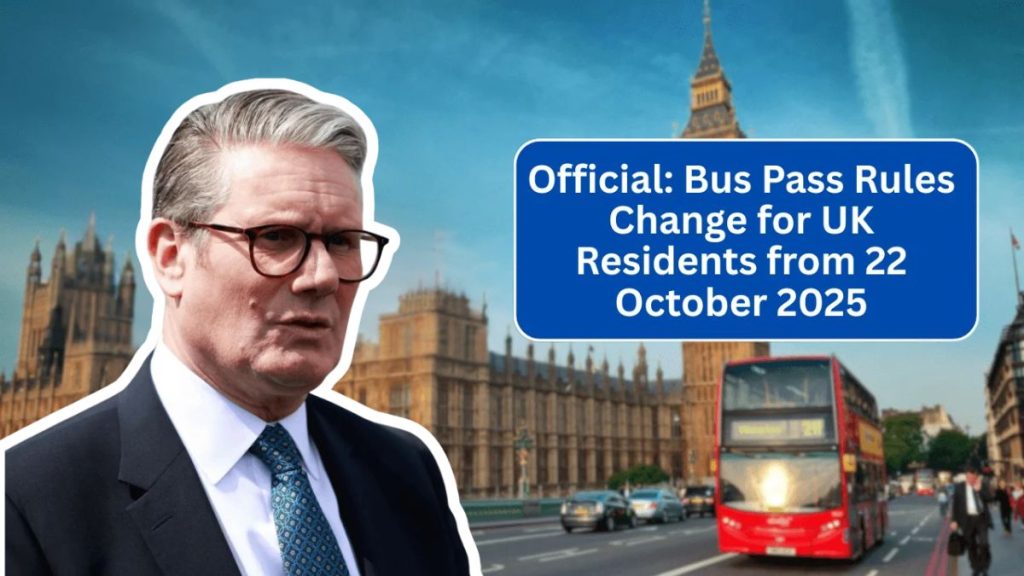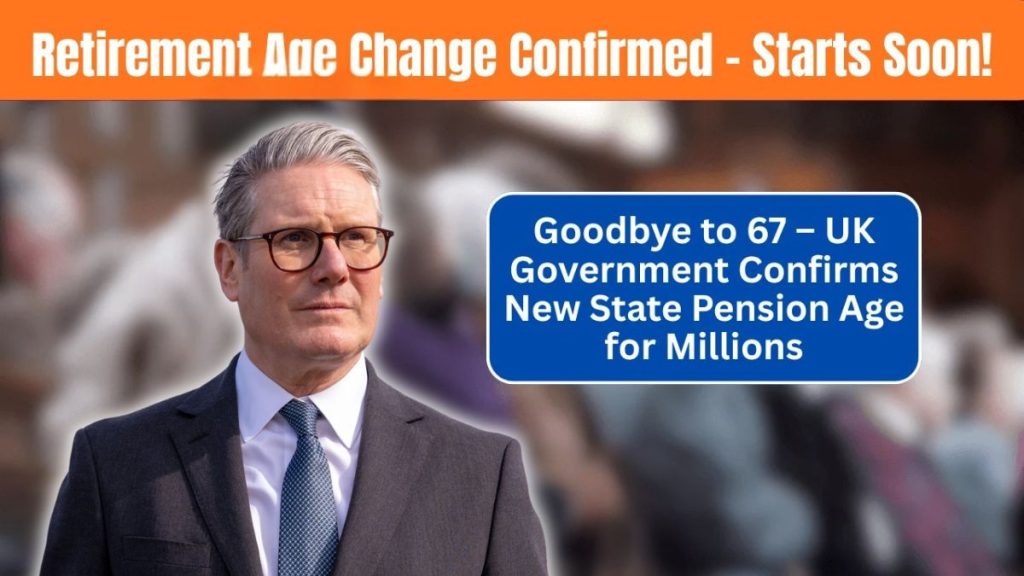The UK Government has officially confirmed a new £812 Cost of Living Payment for 2025, bringing much-needed relief to millions of low-income families, pensioners, and disabled individuals struggling with rising costs.
With inflation still impacting energy bills, groceries, and rent, this one-off payment is part of the government’s ongoing plan to protect the most vulnerable households. The Department for Work and Pensions (DWP) says the payment aims to provide targeted support through the winter months, when financial pressures are at their peak.
What the £812 Cost of Living Payment Is
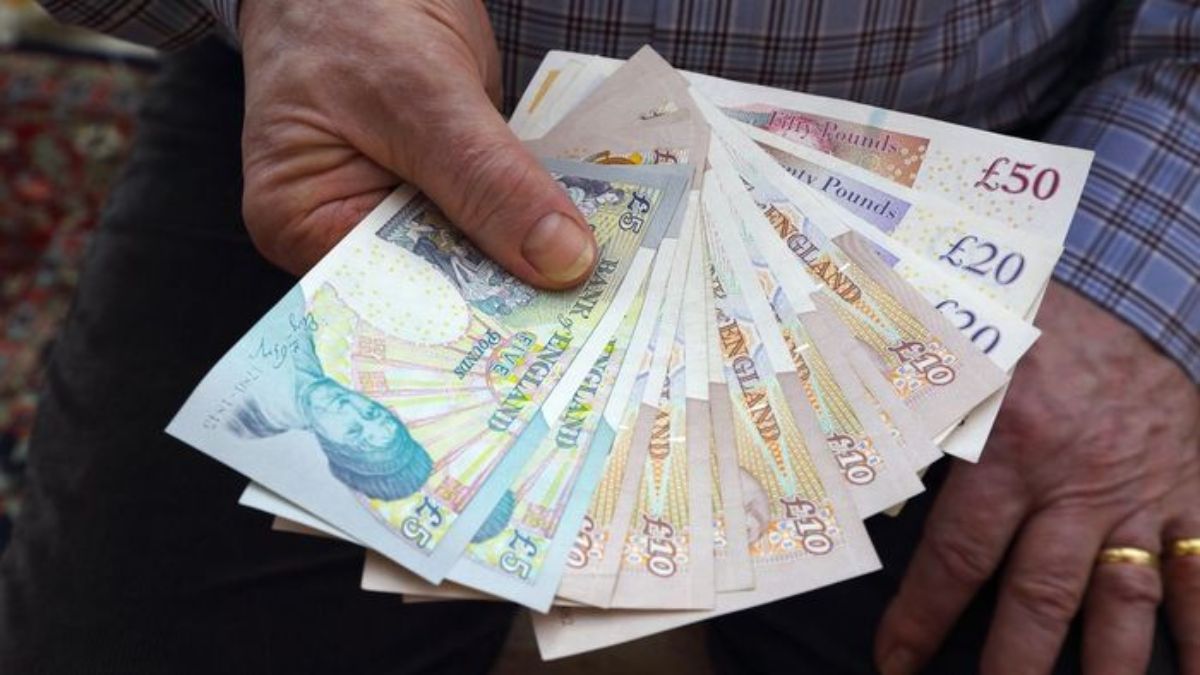
The Cost of Living Payment is a tax-free, one-off government payment designed to help households manage high living costs. Unlike other grants, it does not affect existing benefits and doesn’t need to be repaid.
The new £812 payment for 2025 forms part of the government’s broader inflation-mitigation strategy and builds on previous support measures such as the £600 and £900 payments issued in prior years.
This latest round provides a larger amount to reflect continued financial strain on families facing high energy and food prices.
Why the Government Introduced the 2025 Payment
Although inflation has eased slightly compared to its 2023–24 peak, the cost of essential goods and services remains well above pre-pandemic levels. Energy bills, rent, and grocery costs continue to pressure household budgets — particularly for those on fixed incomes.
According to the DWP, the new £812 Cost of Living Payment was introduced to:
- Protect low-income households from winter energy price spikes.
- Support pensioners and disabled individuals facing higher daily expenses.
- Prevent fuel poverty among vulnerable groups.
- Maintain economic stability while providing short-term financial cushioning.
A DWP spokesperson stated:
“This payment demonstrates our continued commitment to supporting the most vulnerable through the cost-of-living challenges, ensuring families can stay warm and secure this winter.”
Who Is Eligible for the £812 Cost of Living Payment
Eligibility depends on the type of benefit you receive. To qualify, you must have been entitled to at least one of the following during the qualifying period (to be announced by the DWP):
- Universal Credit
- Income-based Jobseeker’s Allowance (JSA)
- Income-related Employment and Support Allowance (ESA)
- Income Support
- Working Tax Credit
- Child Tax Credit
- Pension Credit
Those receiving Pension Credit can still qualify even if their total income slightly exceeds the usual threshold, as backdated claims made within the eligibility window will be considered.
Disabled people receiving PIP, DLA, or Adult Disability Payment (ADP) may receive the £812 in addition to existing disability-related cost of living support.
How Much You’ll Receive
Every eligible claimant will receive £812 as a one-off, tax-free payment.
| Year | Amount | Increase from Previous Year |
|---|---|---|
| 2024 | £600 | — |
| 2025 | £812 | +£212 |
This higher figure reflects the government’s acknowledgment of ongoing inflation and higher household costs, particularly for families reliant on benefits.
When the Payment Will Be Made
The DWP has confirmed that payments will be issued between 10 February and 5 March 2025 for most eligible households.
However, the timeline may vary depending on your benefit type:
- DWP-managed benefits (like Universal Credit or Pension Credit): Payments will arrive between 10 Feb and 5 Mar 2025.
- HMRC-managed benefits (like Working Tax Credit or Child Tax Credit): Payments will arrive slightly later, by the end of March 2025.
Payments will be automatic — no applications or additional steps are required. The funds will be deposited directly into the same bank account where you receive your usual benefits.
How to Apply (If Required)
Most eligible recipients will not need to apply for the payment. However, if you believe you qualify but do not receive it by the end of March 2025, you can take the following steps:
- Check your benefit status during the qualifying period.
- Visit the GOV.UK website for official updates — a missing payment claim form will be published there.
- Submit your claim online, including your National Insurance number, benefit details, and payment information.
- Provide documentation if requested (e.g., proof of entitlement or benefit statements).
- Wait for confirmation from DWP or HMRC before contacting your local jobcentre.
Important: Be wary of scams. The government will never call, text, or email asking for your bank details. Always use official GOV.UK links when submitting any information.
What If You Receive Multiple Benefits?
If you receive more than one qualifying benefit — for instance, both Universal Credit and Child Tax Credit — you’ll still only receive one £812 payment.
Payments will be issued by either the DWP or HMRC, depending on which benefit was paid first during the qualifying period. This prevents duplication while ensuring everyone eligible receives full support.
Pensioners: How You Can Benefit
Pensioners who receive Pension Credit or other qualifying benefits will automatically receive the £812 payment.
If you haven’t yet applied for Pension Credit, it’s not too late — the DWP allows claims to be backdated up to three months. This means that applying now could still make you eligible for the Cost of Living Payment, depending on your circumstances.
To check eligibility or apply:
- Visit gov.uk/pension-credit.
- Or call the Pension Credit Helpline at 0800 99 1234 for assistance.
How This Payment Helps the UK’s Most Vulnerable
The government estimates that around eight million households across the UK will benefit from the £812 Cost of Living Payment.
This includes families with children, disabled individuals, and pensioners on fixed incomes. For many, it will provide vital breathing space during the toughest months of the year.
Charitable Responses
- Age UK welcomed the payment but urged ministers to go further, warning that “one-off payments cannot substitute for long-term affordability reforms.”
- Citizens Advice described the measure as “a much-needed lifeline,” though they stressed the importance of improving benefit access and regional cost-of-living adjustments.
Reactions from Economists and Experts
Economists have mixed views on the new £812 payment.
Dr. Sarah Connell of the London Institute of Finance said:
“While this payment provides essential short-term help, it highlights the ongoing need for structural solutions. Millions of households remain dependent on emergency assistance each winter.”
Meanwhile, financial adviser James Lewis noted:
“For households living week to week, £800 can be the difference between keeping up with bills or falling into arrears. It’s a practical move in difficult times.”
How to Make the Most of Your £812 Payment
To get the best value from your one-off support, experts recommend a few simple strategies:
- Pay essential bills first — prioritise rent, energy, and council tax.
- Build or top up an emergency fund for unexpected costs.
- Reduce debts with high interest rates to save money long-term.
- Shop smart — bulk buy non-perishables or use discount retailers.
- Check for additional local support — councils often offer hardship funds alongside national payments.
By managing the £812 wisely, you can stretch its impact well beyond the initial deposit.
What Happens Next
The government is expected to review cost-of-living conditions later in 2025. Depending on inflation and wage trends, further support measures could be introduced for winter 2025–26.
Both DWP and HMRC have pledged to improve communication about payment schedules and eligibility to ensure no one eligible misses out.
For now, this £812 payment stands as a major step in helping struggling households navigate rising costs and maintain financial stability through 2025.
FAQs
1. When will I receive the £812 Cost of Living Payment?
Payments will be made between 10 February and 5 March 2025 for DWP-managed benefits and by the end of March 2025 for HMRC-managed benefits.
2. Do I need to apply?
No — most payments are automatic. Only those who didn’t receive it by March 2025 may need to fill out the official GOV.UK claim form.
3. Will this affect my benefits or taxes?
No. The £812 payment is tax-free, non-repayable, and won’t affect your existing benefit entitlements.
4. Can pensioners receive the payment?
Yes. Pensioners receiving Pension Credit or other qualifying benefits will automatically get the £812 payment.
5. What if I receive both Universal Credit and Child Tax Credit?
You’ll only receive one payment, usually from the department that paid your benefits first during the qualifying period.

